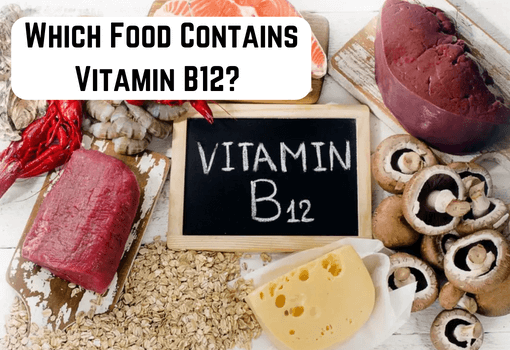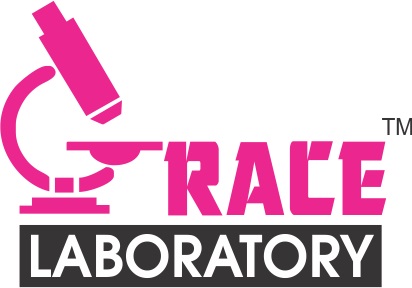Vitamins are essential for maintaining the overall health and functioning of our bodies. One such essential vitamin is B12, also known as cobalamin. It plays a crucial role in producing red blood cells in the human body.
When your B12 levels are low, the body struggles to make enough red blood cells (RBC), and organs and tissues do not receive enough oxygen, affecting your body’s functions.
Those struggling with this condition often ask how long it takes to recover from vitamin B12 deficiency. There is no specific time frame, but the recovery does take some time.
Now, let us understand vitamin B12 deficiency thoroughly in this article.
What Are the Symptoms of Vitamin B12 Deficiency?

When you are Vitamin B12 deficient, you may experience the following symptoms:
- Fatigue: Low B12 levels prevent sufficient production of RBCs, which can hinder oxygen flow. When your tissues do not receive enough oxygen, you start feeling fatigued. The weakness and fatigue could also be a sign of anemia.
- Neuropathy: B12 is an essential vitamin for your nervous system health. Low B12 levels gradually deteriorate nerves in various body parts, including the brain and spinal cord.
- Myelopathy: In myelopathy, your spinal cord gradually impairs due to the deterioration of its neurons responsible for receiving and processing external information.
- Dementia: B12 deficiency can result in dementia. Its common symptoms include memory loss, behavioral changes, and self-care issues.
How Long Does It Take to Recover From B12 Deficiency?
It takes time to recover from a vitamin B12 deficiency, and you might not notice any progress in the initial months of treatment. The improvement process can be slow and may extend for six to twelve months.
How to Check Vitamin B12 Deficiency
If you are vitamin B12 deficient, it can take months or even a year to correct and recover from it.
Moreover, various symptoms of B12 overlap with those of other health conditions. Therefore, your healthcare provider may perform multiple tests besides B12.
History & Physical Examination
Your medical history and a physical examination help the doctor identify B12 deficiency symptoms.
For instance, a rapid pulse or pale skin may indicate anemia. Poor reflexes and low sensation in your feet could indicate neuropathy. Confusion or trouble communicating is a sign of dementia.
Laboratory Tests
Laboratory tests such as a complete blood count and a vitamin B12 level can validate your diagnosis.
B12 deficiency is typically associated with a specific type of anemia, known as Macrocytic anemia, which can be detected through a blood smear.
RBCs are usually large and may vary in shape and size in such anemia types.
Imaging and Specialized Test
Tests such as nerve conduction studies, which measure the velocity of electrical impulses in your nerves, can also help confirm a deficiency of vitamin B12.
These tests, however, can not confirm B12 deficiency on their own. That is why they are usually used along with other diagnostic tools.
Which Food Contains Vitamin B12?

Here is a comprehensive list of Notable vitamin B12-rich foods:
- Milk
- Cheese
- Yogurt
- Beef
- Fish, like haddock and tuna
- A few nutritious yeast items
- Eggs
- Pork
- Ham
- Poultry
- Lamb
- Varieties of soy milk and morning cereals.
If you are strictly vegetarian, look at the following foods:
- Yogurt
- Milk and dairy products
- Fortified cereals
- Nutritional yeast
- Eggs (if you are eggetarian)
- Vitamin B12 Supplements
Vitamin B12 supplements come in various forms (pills, capsules, liquids, tablets) and are commonly included in multivitamin products.
Those who don’t regularly consume animal products rich in vitamin B12 may consider incorporating fortified foods into their diet or taking a supplement to fulfill their nutritional requirements.
Conclusion
In conclusion, overcoming vitamin B12 deficiency can range from a few months to a year.
You can incorporate B12-rich foods into your diet or choose supplements to enhance your body’s vitamin B12 levels.
If you wish to determine your vitamin B12 status through laboratory tests, you can get in touch with us at Grace Laboratory.

